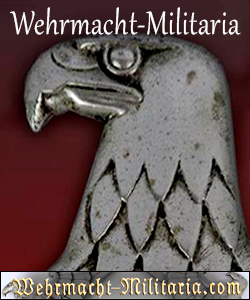Baden
Baden is a historical territory in both South Germany and North Switzerland. The German nobility of Baden originated from the House of Zähringen, a dynasty of Swabian nobility. The territory of Baden is named after the margraves’ residence, Hohenbaden Castle in Baden-Baden. In 1112, Hermann II of Baden claimed the title of Margrave of Baden and a united Margraviate of Baden existed from then until 1535. In 1535, it was split into the Margraviate of Baden-Durlach and the Margraviate of Baden-Baden. In 1689, there was a devastating fire in Baden-Baden which caused the capital to be moved to Rastatt. The two Margraviates were reunited in 1771 under Margrave Charles Frederick. In 1803, the capital of Karlsruhe was elevated to the status of electorate. In 1806, the Electorate of Baden became the Grand Duchy of Baden after receiving territorial additions. In 1815 Baden became a member of the German Confederation and would remain so until 1866. During the Austro-Prussian War of 1866, Baden originally allied with Austria. On August 17, 1866, Baden withdrew from the German Confederation and signed a peace treaty with Prussia. After World War I, revolution was threatening the German Empire and a provisional government was set up in Baden. The government declared the establishment of the Free People’s Republic of Baden on November 14, 1918. In 1933, Baden - like all other German states - was subject to Gleichschaltung, which abolished all states in practice, but not in law. The elected president of Baden was replaced with the Nazi-appointed Walter Köhler. Post-World War Two, Baden was divided between the American and French occupation zones. Baden was united with Württemberg-Hohenzollern to form the modern Federal State of Baden-Württemberg in 1952.
Filter By


Scroll Top